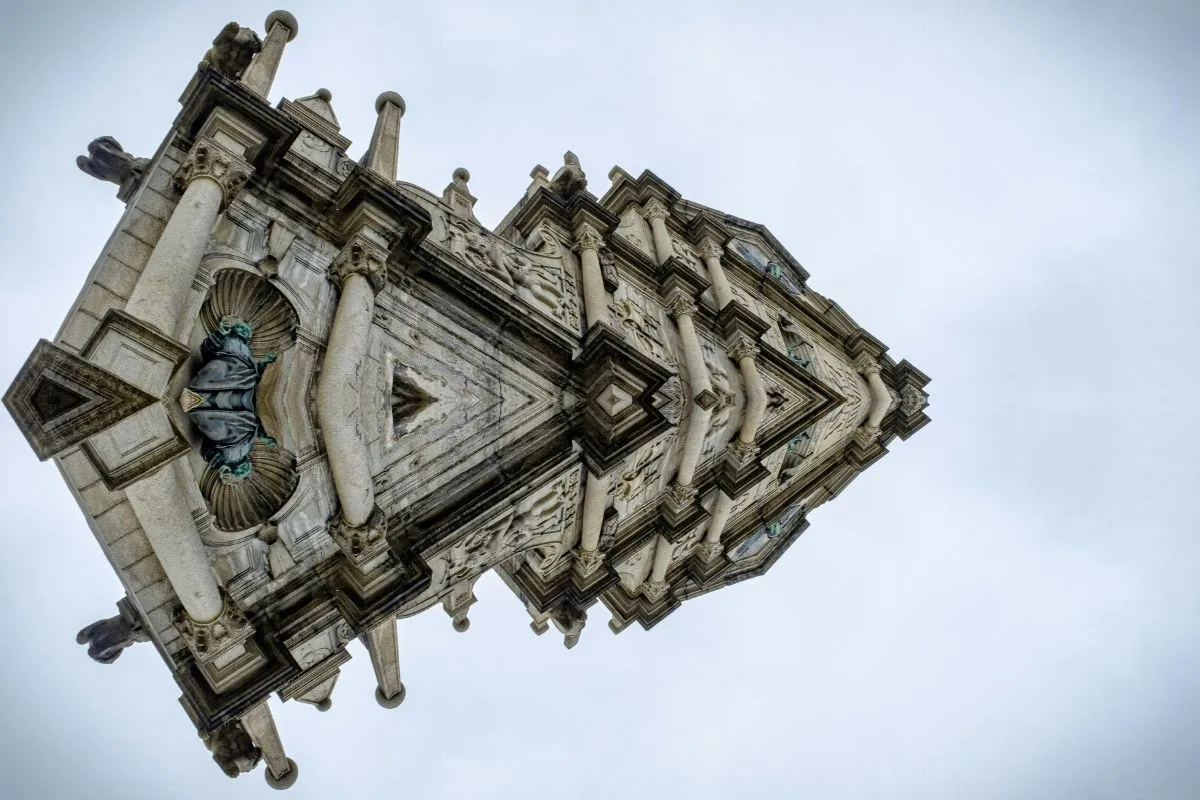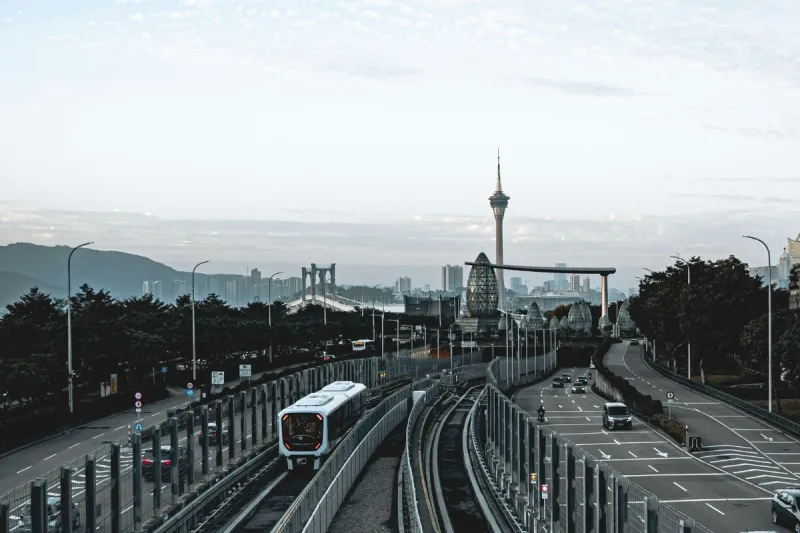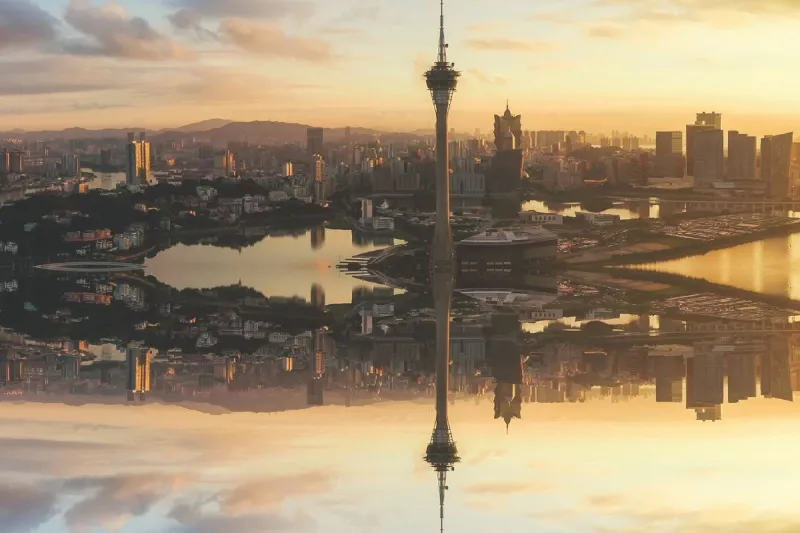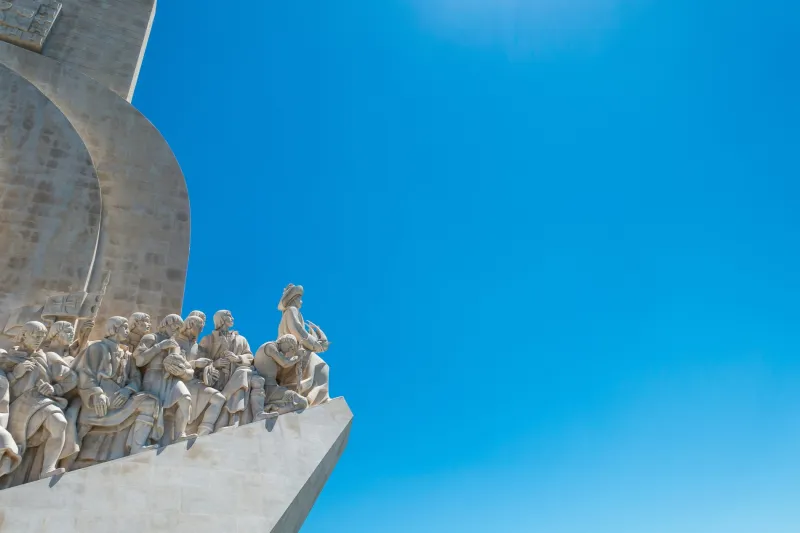Intellectual Property | Doing Business in Macau 2025
This article is an extract from the MdME Guide to Doing Business in Macau 2025. Click here for the full guide.
As a separate jurisdiction under “One Country, Two Systems”, Macau has its own intellectual property laws and system in place. Consequently, any legal protection provided to registered or unregistered IP rights in mainland China does not afford any protection in Macau.
On the other hand, while the economy of Macau has pivoted from manufacturing-based to tourism-driven over the decades, local consumers and tourists remain a target to counterfeiters that manage to place their goods in the Macau market due to the close commercial ties with some of the cities and countries where most counterfeits originate from.

1. Key legislation
The key legislations regulating Intellectual Property protection and enforcement in Macau are:
- The Industrial Property Legal Regime – Decree-Law 97/99/M of December 13, 1999
- The Copyright Law – Decree-Law 43/99/M of August 16, 1999
- The Commercial Code – Decree-Law 40/99/M of August 3, 1999
- The Civil Code – Decree-Law 39/99/M of August 3, 1999
Also, Macau is a party to the following conventions, treaties and agreements in relation to intellectual property rights:
- WIPO Convention
- WIPO Performances and Phonograms Treaty (WPPT)
- WIPO Copyright Treaty (WCT)
- TRIPS Agreement.
- Paris Convention
- Nice Agreement
- Berne Convention
2. Types of Intellectual Property Rights
Although the range of Intellectual property rights is wider, and new ones can be added from time to time with the advancements in science and society (Non-Fungible Tokens or NFTs, Artificial Intelligence, etc.), the most common and important are:
- Trademarks
- Patents
- Designs
- Copyrights.
2.1 Trademark
A Trademark consists of a word, expression, sign or drawing that identifies the products or services of a particular entity and distinguishes them from those of another, while at the same time being directly linked to the reputation of its owner.
Failure to register a distinctive sign may result in its loss to squatters who may register the same under their own name and then take action against the original creator and user of the mark. The consequences for the latter may range from being prevented from using the mark to having to negotiate with the squatter.
If a mark is not registered, any third party may use it in its own activity which may lead to dilution of the mark, causing it to lose its ability to identify and distinguish the goods or services of the original user/creator. In Macau, the first-to-file principle applies, unless a mark is proven to be famous or well-known. The protection afforded by a trademark registration has no time limit as long as the registration is renewed regularly – in Macau, every 7 years – and the trademark is effectively being used. Consistent use of trademark within the jurisdiction is always recommended as failure to do so may give way to any interested parties to file a non-use cancellation request.
2.2 Patents
A Patent registration protects inventions, technical creations, and gives its owner the right to exclude others from producing, using, or selling the protected invention for a limited period of time – in Macau, 20 years – upon which the invention enters the public domain, becoming part of the state-of-the-art, and is no longer protected against third parties.
There are two ways to obtain patent protection in Macau:
- Extension of patents registered in mainland China. This is only possible within the three months immediately after the patent is granted registration by the Chinese Patent Office (CNIPA). The advantage of extending patents from mainland China is that the applicant may wait for the result of the original registration procedure without incurring further expenses during this stage and only extend the patent to Macau if and when the same is granted registration in mainland China, thus ensuring that the same will be effective in Macau.
- Local patent filing. For ab initio patent applications filed in Macau, the whole registration process is handled by the Macau IP Office but examination is made in mainland China under a protocol of cooperation between the two jurisdictions. The advantage of local filings is that certain subject matters (most importantly gaming related inventions) are not acceptable for registration in mainland China, but can be registered in Macau. Also, if the applicant only needs the invention to be protected locally, the cost is lower than a two-step registration such as the extension procedure. It should be noted also that inventions may be filed in Macau with a Paris convention priority claim.
2.3 Design
Design protection covers the appearance of the whole or part of a product that results from certain features, such as the lines, contours, shape, texture, and/or materials of the product itself or its ornamentation. Design registration will grant their owners the right to prevent third parties from using such designs in their industrial or commercial activities and is granted for a maximum term of 25 years.
2.4 Copyright
The main governing law of copyright in Macau is Decree-law 43/99/M (amended by law 5/2012) and other international treaties pertaining to copyright such as the Berne Convention, WPPT (WIPO Performance and Phonograms Treaty), Beijing Treaty on Audiovisual Performances.
Under the definition outlined in Macau’s law, any original intellectual creations in the fields of literature, science or art, regardless of their type, form of expression, value, means of communication or purpose, are protected by copyright. These can include literary works of all kinds (including computer software), musical works, dramatic works, works of art, and works of scientific creative activity. Macau, like many under continental law, embraces the notion of related rights, protecting performers, phonogram and video producers, and broadcasting organizations that create or use works under license from copyright holders.
Copyright protection in Macau is not subject to registration. This means that any original works are protected automatically upon disclosure and does not require any registration procedure. However, this also means that copyright holders will need to plan ahead before disclosing the work publicly (or even privately) and need to keep a proper record of such disclosure to be used in case of litigation.
Recently, as local authorities encourage the diversification of the economy by developing the cultural and creative industries - aiming to reduce the over-dependence on the gaming industry - we see an increased focus on ensuring compliance with copyright regulations.
3. Enforcement of Intellectual Property
In accordance with Law 11/2001, the enforcement of intellectual property is under the purview of the Macau Customs Bureau. The Customs oversee the production processes of products manufactured in Macau, industrial activities, and business premises, and impose penalties according to the law. Infringement of Intellectual Property may result not only in civil compensation, but also in administrative and criminal penalties. Upon becoming aware of a suspected infringement, the Customs will, under the supervision and guidance of Public Prosecutor’s Office initiate the necessary investigations leading to an eventual prosecution of the suspects. Rights holders can participate in the criminal proceedings as an “Assistant” to the Public Prosecutor. Separately, they retain the right to pursue civil compensation.
Infringement of IP rights is frequent, and IP rights owners tend to successfully take action against such infringements. Customs act swiftly when asked and often on their own accord. However, in many cases, the IP rights are not registered in Macau, and the outcome is not always positive – the Macau Customs can only take action against infringing items if the IP rights in question are registered in Macau.
Conclusion
The special jurisdictional nature of Macau and the autonomy of its IP system from the Mainland (and Hong Kong), mean that IP owners need to ensure that their rights are duly protected in all three jurisdictions. Failure to do so can, and does, create loopholes that counterfeiters, squatters and other less-scrupulous economic agents can exploit to benefit their activities or businesses at the expense of the well-established or up-and-coming good-faith IP owners. Furthermore, Macau has a very special economy - based on tourism, gaming, retail and services - that is fueled by a disproportionate number of visitors with spending capability, making it an extremely attractive and rich market for all sort of entrepreneurs. It is imperative that right holders adopt tailored protection strategies to ensure the most comprehensive protection of their intangible assets and not overlook this relatively small, yet economically relevant jurisdiction, thus also preventing the cost and uncertainty of litigation in case of infringement.



